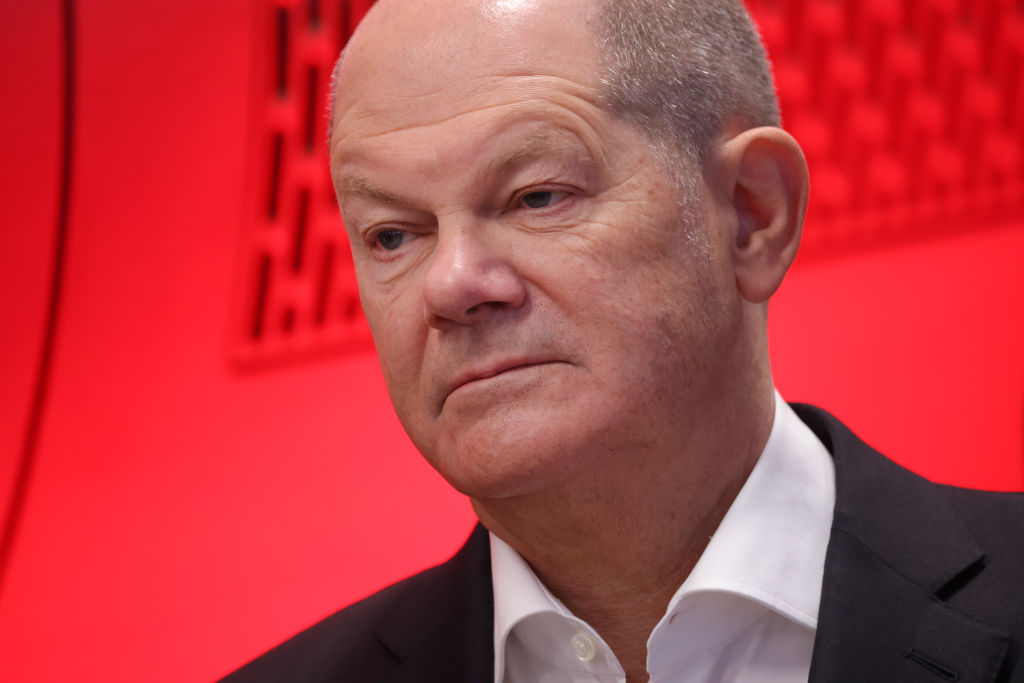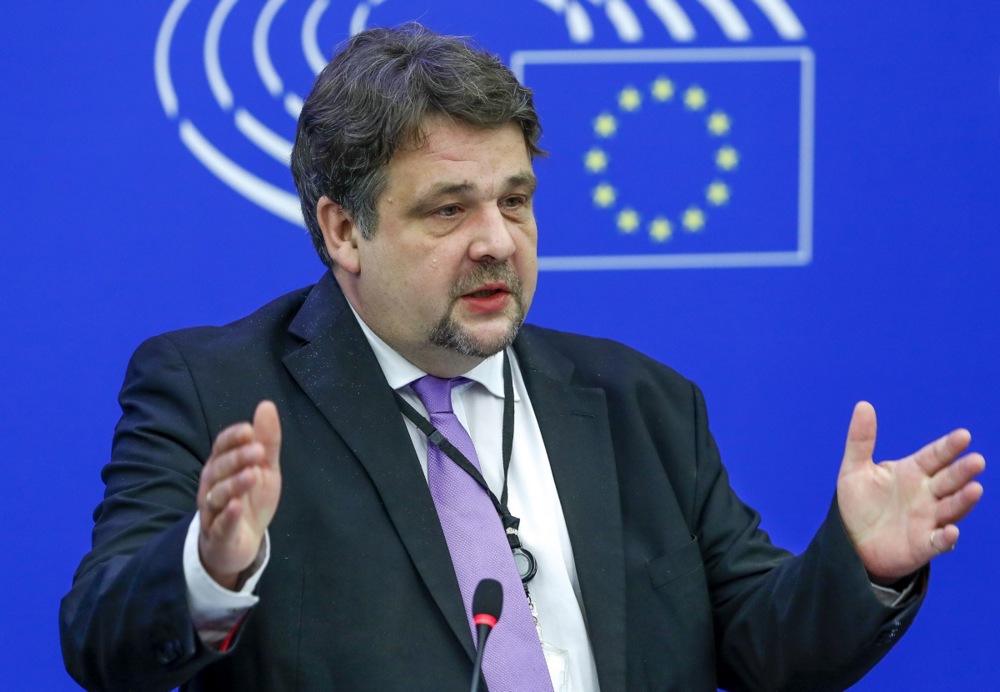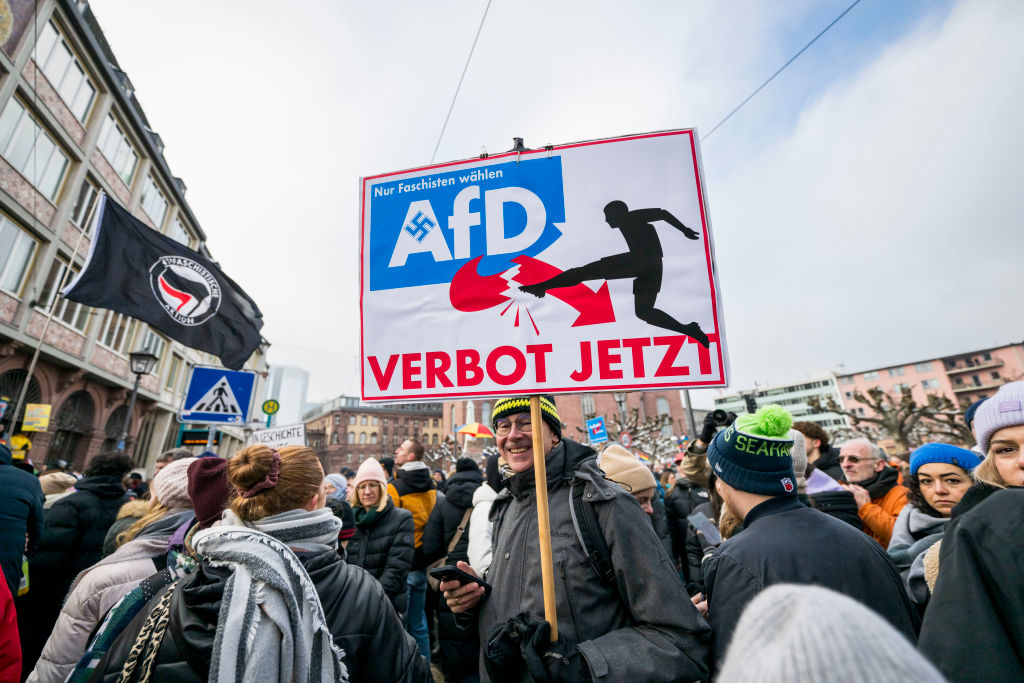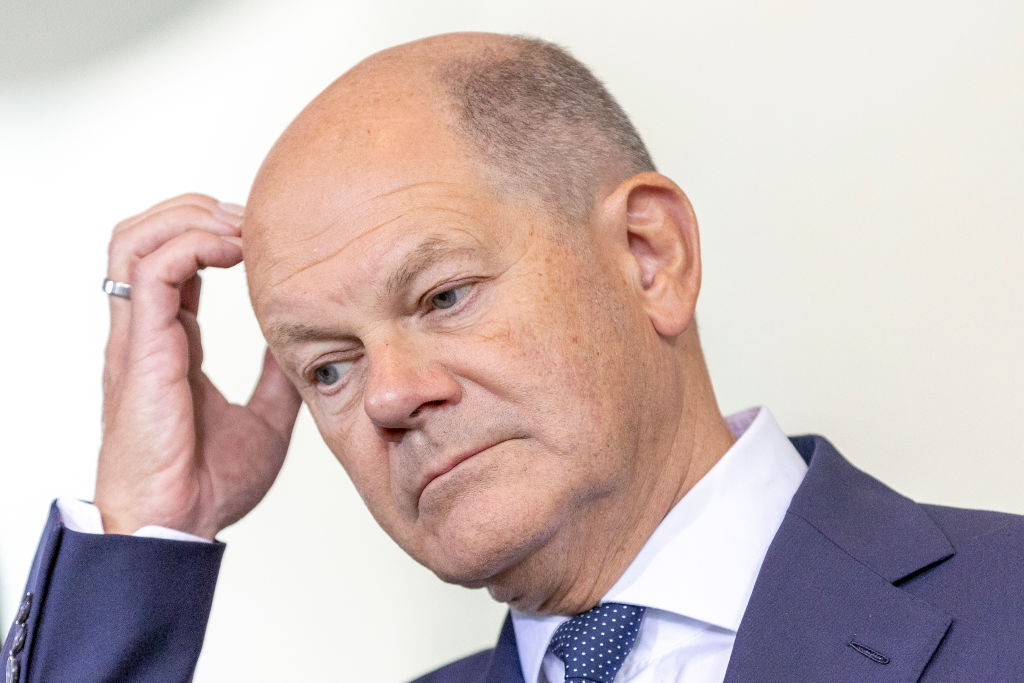German Chancellor Olaf Scholz appears to be in danger as both the centre-right Christian Democrats (CDU) and hard-right Alternative for Germany (AfD) have extended their polling lead over his Social Democrats (SPD).
The SPD is now expected to finish the February 2025 snap election in a distant third place, with the CDU looking likely to scoop 32.5 per cent, according to a poll published by INSA on November 26.
AfD politicians look set to garner the support of one-fifth of the electorate, despite the fact it is currently the subject of a cordon sanitaire.
SPD only polled 15 per cent while its coalition partners — the Greens and the Free Democratic Party (FDP) — seem set to hold just 11 and 4.5 per cent, respectively.
The figures come after the SPD confirmed Scholz would be its official candidate for chancellor, with the party’s executive board confirming its unanimous support for the current leader on November 25.
Scholz is now expected to be formally selected as the designated candidate in early January.
His reselection was not a certainty. Many in the party had expressed interest in replacing Scholz with current defence minister Boris Pistorius, whom polling indicates is far more popular than the current incumbent.
The growing unpopularity of Germany’s SPD, trailing the opposition CDU and AfD in the polls, has intensified the debate over whether Chancellor Olaf Scholz is the best candidate to lead his party in February’s general election. https://t.co/EUnVJr6yCQ
— Brussels Signal (@brusselssignal) November 22, 2024
Scholz looks unlikely to retain the chancellorship though, with data indicating that the CDU’s offering, Friedrich Merz, will be the next to hold the position.
A silver lining for Scholz is that his SPD looks likely to return to government. Polling conducted by INSA indicated that a CDU/SPD coalition was the most popular option for voters, with 29 per cent saying they would support it.
More worrying for Germany’s legacy parties is the second-most popular option — a coalition between the CDU and the AfD.
Almost one-quarter of all Germans polled said that would be their preferred outcome of the election despite the fact that all of the country’s Bundestag parties have insisted they would not vote with the group, let alone be willing to enter a coalition alongside it.
Another option that appeared to be unpopular is a CDU-Greens coalition. Once thought to be the option favoured by the CDU, internal enthusiasm within the centre-right party appears to be fading. Just 13 per cent of those polled saying they would be in favour.
COMMENT: The supposed “normalcy” of people like Merkel, Scholz, Sunak, Macron or Biden has put their respective countries on a course of decline, and while they are at different stages of the journey, the direction is the same, writes @Raphfel. https://t.co/GkbqNFErXy
— Brussels Signal (@brusselssignal) November 4, 2024





